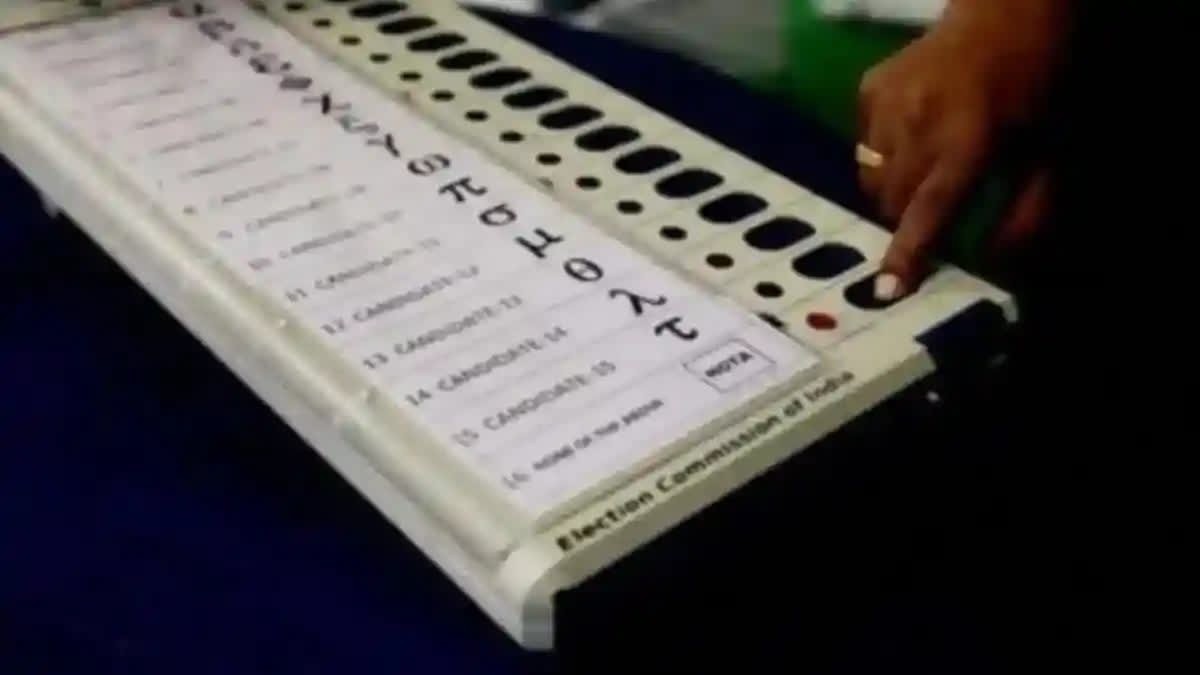Islamabad: An independent watchdog monitoring Pakistan elections on Saturday highlighted various grey areas in the recently held polls, noting the failure of presiding officers in providing Form 45 to observers at 29 per cent of the polling stations. Form 45, commonly referred to as the Result of the Count form, is a crucial record in the Pakistani electoral process which is intended to uphold openness and accountability by documenting and disclosing the outcomes of the voting procedure at a particular polling place.
Free and Fair Election Network (FAFEN) spokesperson Musarrat Qadeem, quoting the initial report on the election, in a press conference said: "The failure to display copies of Form 45, as required, in 29 per cent of polling stations was a notable oversight." Qadeem also criticised the delay in the release of poll results and the suspension of internet and mobile services on election day. She asserted that the complaints about elections should be addressed.
"The Election Commission must promptly address and resolve candidates' complaints as timely resolution is crucial for maintaining electoral credibility," she added. Qadeem said the turnout was 48 per cent. "Despite these challenges, over 50 million voters participated in the February 8 elections," she said.
She also said the elections were transparent at the level of polling stations but expressed doubts about fairness at the stage of compiling results by returning officers (ROs). Qadeem also commended the Election Commission of Pakistan for holding the elections despite criticism which showed its resilience. "This election was the country's largest endeavour," she observed.
FAFEN had posted 5,664 observers across the country and reported based on their findings that the Presiding Officers failed to provide Form 45 to observers at 29 per cent polling stations. The spokesperson said that access was denied at RO offices which hindered the transparent observations monitoring. She also noted that the margin of rejected votes was higher than the winning margin in 25 constituencies.
FAFEN's findings underscored challenges in the electoral process, urging thorough examination and improvement for future polls. Several countries, including the US, the UK, and the European Union, showed concern that the Pakistani military had been "rigging" the just-held general elections to "prop up" its candidate and deny the victory secured by jailed former prime minister Imran Khan.
Matthew Miller, US State Department spokesperson, said: "We condemn electoral violence, restrictions on the exercise of human rights and fundamental freedoms, including attacks on media workers, and restrictions on access to the Internet and telecommunication services, and are concerned about allegations of interference in the electoral process. Claims of interference or fraud should be fully investigated."
David Cameron, the UK Foreign Secretary, said: "We recognise serious concerns raised about the fairness and lack of inclusivity of the elections. We regret that not all parties were formally permitted to contest the elections and that legal processes were used to prevent some political leaders from participation, and to prevent the use of recognisable party symbols."
Peter Stano, Lead Spokesperson for Foreign Affairs and Security Policy of the European Union said: "We regret the lack of a level playing field due to the inability of some political actors to contest the elections, restrictions to freedom of assembly, freedom of expression both online and offline, restrictions of access to the internet, as well as allegations of severe interference in the electoral process, including arrests of political activists."
"We call on all political actors in Pakistan to engage in a peaceful and inclusive dialogue aiming at the formation of a stable government and to respect human rights in line with the Constitution of the Islamic Republic of Pakistan, as well as with international treaties to which Pakistan is party," Stano said.
Pakistan's general elections were held on Thursday and the counting began soon after with the hope that the majority of the 265 contested seats in the National Assembly would be available by Friday morning. PTI-backed independence candidates won the most number of seats in the National Assembly as per the result's announcement by the Election Commission of Pakistan.
According to the latest data from the Election Commission of Pakistan, the counting of 253 seats has been completed. Independent candidates, a vast majority of them backed by Khan's Pakistan Tehreek-e-Insaf (PTI) party, were at the top with 99 seats.
- " class="align-text-top noRightClick twitterSection" data="">



